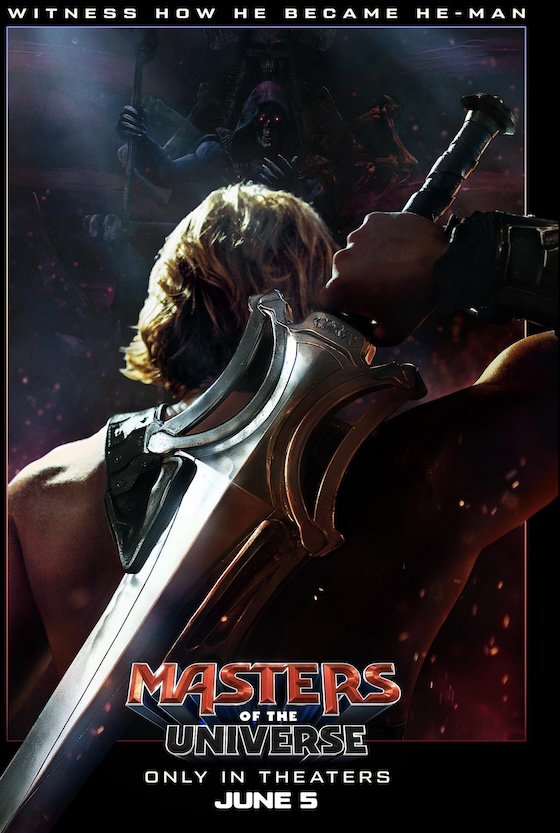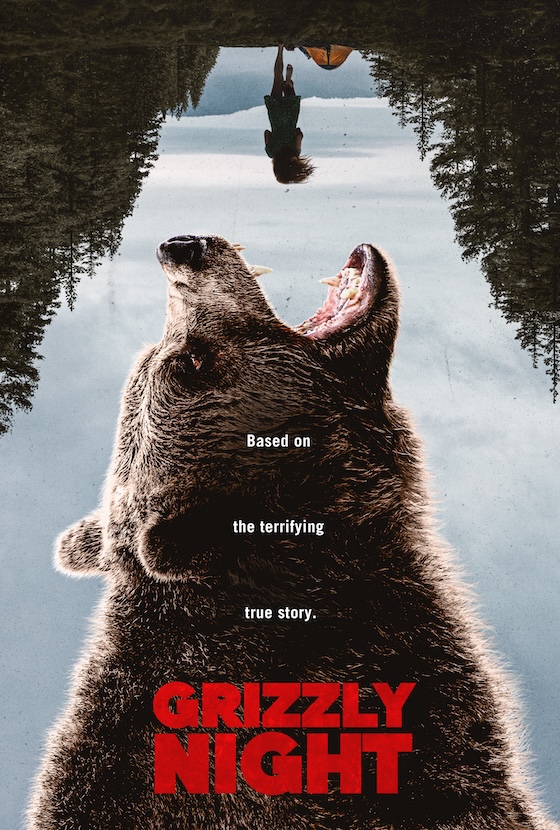{googleAds}
<div style="float:left">
<script type="text/javascript"><!--
google_ad_client = "pub-9764823118029583";
/* 125x125, created 12/10/07 */
google_ad_slot = "8167036710";
google_ad_width = 125;
google_ad_height = 125;
//-->
</script>
<script type="text/javascript"
src="http://pagead2.googlesyndication.com/pagead/show_ads.js">
</script></div>{/googleAds}Two distinct arguments arose on the release of Mel Gibson's Apocalypto. One being from learned academics, claiming the movie's depiction of the Mayan culture was inaccurate, and possibly offensive to South American audiences, portraying a brutal culture more akin to the ancient Aztecs than Mayans; the other being from the filmmakers that they had put a great deal of effort into fitting as much historically relevant elements in as possible to serve the story. Both arguments are irrelevant. The film was well received in South America, and the filmmaker's assertions of their best intentions are a mute point. Both focused on arguments that have nothing to do with this impressive film's purpose, which is to be an entertaining MOVIE.
Audiences all around the world slap down their money in the hopes they will walk into a theatre and disappear into another world through an engaging story... and that is exactly what Apocalypto delivers. Stripped of any academic pontificating, or unnecessary assertions from the filmmakers, this stunning visual feast of a film is a balls out (literally) action movie, borrowing heavily from the family in jeopardy/chase movie frameworks that often deliver an exciting couple of hours. Pretending from either side of the argument that is anything more is doing this great work an injustice.
The story follows a Mayan hunter named Jaguar Paw (Rudy Youngblood in an impressive debut) and his harrowing journey from simple, good-natured family man, to one of the last survivors of his tribe, trying desperately to get back to his village to save his wife, son, and unborn child.
Mel Gibson and debut writer Farhad Safina give us characters that we are immediately endeared to (despite a rather jarring first scene involving hunting), presenting a close-knit tribe with colorful characters, and some very funny moments (including a fertility prank on one of their men) that ease us into the movie.
A warning from a passing tribe, and a dream from our hero Jaguar Paw, telegraph an approaching darkness, and when the film's villains a more powerful, militaristic Mayan tribe arrive, they do so suddenly, brutally, and affectingly. Of particular note within the villains pack is the sadistic Curl Nose, who probably won't, but should, go down as one of the best screen bastards of all time. Amilcar Ramirez plays the character with malevolent relish, and makes one beg for comeuppance the test of a true effective villain.
The cinematography from Dean Semler is breathtaking. From frenetic fight and chase scenes to amazing vistas, and a single shot waterfall reveal that leaves you feeling woozy, no single moment in the film isn't framed and presented with rich detail and innovative techniques, making the film (despite being about Mayans, or with subtitles) seem a fresh take on this often told story.
The film is brutal, both in subject matter and visually. But it would be simplistic to reduce it to that description solely. While there are many cringe-worthy moments of violence, and it seems (at least to this reviewer) that nearly any animal shown on screen is screwed, Gibson never exploits these difficult moments, holding only long enough to make his point, and then turning away. Many scenes (including a cut throat) are difficult to stomach, but they are not gratuitous, often filmed in wide or medium shots, not close-ups, making it about the event not the gory effect.
The production values and detail, for the budget, boggle the mind. While at first glance it might not appear to be a film heavy on prosthetics or make up appliances, further inspection reveals it to be a film on scale with a Sci-fi film in its copious uses of ‘movie magic'. The costumes and sets are completely convincing, as are the hundreds of extras dressed to the nines in the film's authenticity, painting a world that you never question. There is no Lucas/Jackson CGI created crowd moments in this film, people.
Perhaps Apocalypto's only stumble is the pacing. While the film moves at a mostly steady, and sometimes rapid pace throughout, some moments could have been trimmed for the sake of brevity, (The temple sacrifices one was enough, and the old man with the ‘laughing sickness' are just two examples of many) bringing the film down from its two and half hour running time to a more palatable two hours, intensifying the chase portion of the film even further, and giving the audience more shock value and foreboding in the sections preceding, by avoiding repetition.
Overall, though, Mel Gibson once again proves he is a director to be reckoned with. Apocalypto stands as another brave, unique piece of storytelling, successfully blending not-so-commercial values (like subtitles again) into a very accessible, appealing action movie, delivered in an original way.
DVD Details:
Screen formats: Widescreen 2.35:1
Subtitles: English, Spanish; French
Not a great deal of supplemental material, here. I for one would have liked to have seen some input from the many new actors that helped this film be what it was. Nevertheless, the DVD includes:
Screen formats: Anamorphic Widescreen 1.85:1 presentation
Subtitles: English; French; Spanish
Language and Sound: Maya: 5.1 DTS or Dolby surround sound
Other Features: Color; interactive menus; scene access.
* Commentary -
o With with director/writer Mel Gibson and co-writer Farhad Safina which is a good listen, filled with a lot of anecdotes and good humour. Well-learned is that Gibson loves a Techno-crane, and Safina thinks everyone is ‘fantastic'.
* Featurette
o Becoming Mayan Creating Apocalypto is a detail packed, but sloppily edited twenty-five minute featurette.
* Deleted Scenes
o One deleted scene with or without commentary.
Number of discs: - 1 with Keepcase Packaging{pgomakase}



































